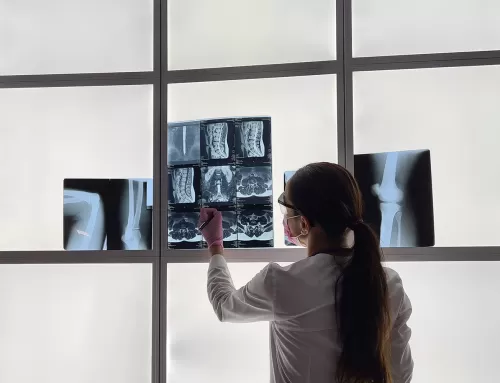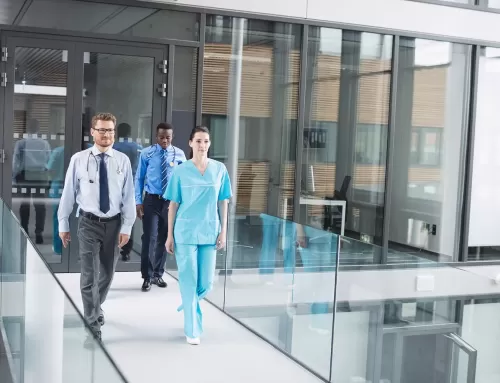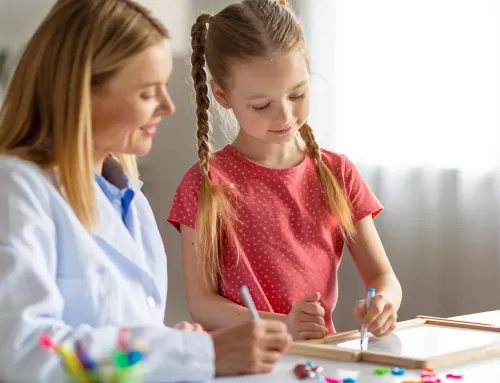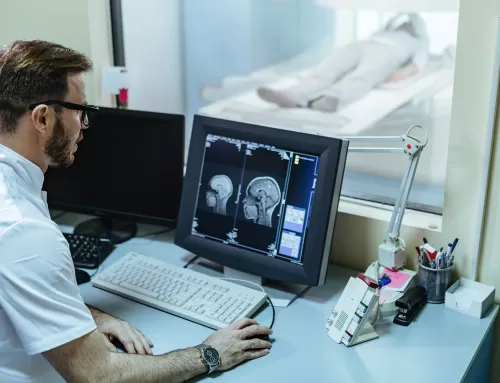TABLE OF CONTENT
Major depressive disorder (MDD) is a mental health disorder characterized by persistent sadness, hopelessness, and loss of interest in daily activities. The exact causes of MDD are not fully understood, but it is believed to be a combination of genetic, biochemical, and environmental factors. Evidence shows that living a healthy lifestyle, practising good self-care, and seeking help early on can help reduce the likelihood of developing MDD.
Common Symptoms of Major Depressive Disorder (MDD)
Symptoms of MDD include a persistent sad or empty mood, loss of interest in activities, significant weight loss or weight gain, insomnia or excessive sleeping, fatigue, feelings of worthlessness or guilt, difficulty concentrating, and thoughts of death or suicide. It’s important to note that MDD is a serious condition, and people experiencing symptoms should seek professional help. Early treatment can make a big difference in recovery.
Treatments and Therapy for Major Depressive Disorder
Treatment for Major depressive disorder (MDD) typically includes a combination of psychotherapy, cognitive-behavioural therapy, and medication, such as antidepressants. In some cases, electroconvulsive therapy (ECT) may also be used. The goal of treatment is to alleviate symptoms, improve functioning, and prevent relapse. Several therapies are effective in treating Major Depressive Disorder (MDD). Some of the most used include:
- Cognitive Behavioral Therapy (CBT): This therapy focuses on helping individuals identify and change negative patterns of thinking and behaviour that may contribute to depression.
- Interpersonal therapy (IPT): This therapy focuses on helping individuals improve their relationships with others and address any social or interpersonal problems that may contribute to their depression.
- Psychodynamic therapy: This therapy focuses on exploring the unconscious thoughts and feelings that may contribute to an individual’s depression.
- Mindfulness-based therapies: These therapies teach individuals to be more aware of their thoughts and feelings in the present moment. Mindfulness-based cognitive therapy (MBCT) combines cognitive therapy with mindfulness practices.
- Electroconvulsive therapy (ECT): It is a medical treatment that uses electric currents to stimulate the brain. It is typically used as a last resort for individuals who have not responded to other forms of treatment, such as medication and therapy.
It’s important to note that treatment plans are tailored to the individual, and the most effective treatment may vary from person to person. A combination of therapy and medication is often recommended for MDD. Working with a mental health professional is also important to find the right treatment plan for you.
Self-Help Tips and Tricks For MDD
In addition to professional treatment, several self-help techniques can be used to help alleviate symptoms of Major Depressive Disorder (MDD) and promote recovery. Some examples include:
- Regular physical activity can help improve mood, reduce stress and anxiety, and boost self-esteem.
- Establishing a consistent sleep routine can help regulate the body’s natural sleep-wake cycle and improve sleep quality.
- Eating a healthy and well-balanced diet can help improve mood and energy levels.
- Practising relaxation techniques such as yoga, meditation, or deep breathing can help reduce stress and anxiety.
- Surrounding yourself with supportive friends and family can help improve your mood and provide a sense of connection.
It’s important to remember that self-help techniques alone may not be enough to alleviate the symptoms of Major Depressive Disorder (MDD) fully and that professional help should be sought. It may take some time to find the right combination of self-help techniques that work for you, but with persistence and patience, you can manage your symptoms and improve your overall well-being. If you require a professional’s opinion, feel free to contact us! We are always at your service!




